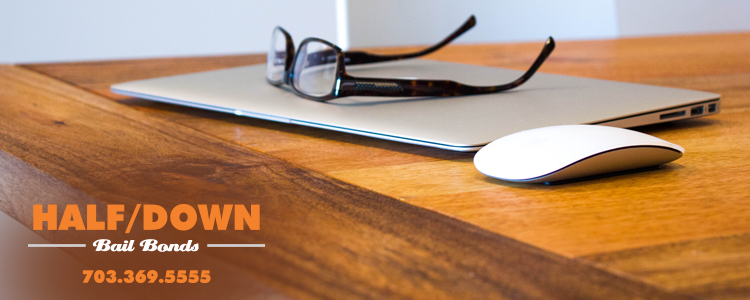If you've been arrested and the court has not decided to hold you without bail, you have various options for release from jail pending trial. If the court has not decided to release you on your own recognizance, you may be allowed to post bail for your release. If you can't afford to post the full bail amount in cash, you may be able to acquire a bail bond.
Using a Bail Bondsman to Acquire a Secured Bail Bond
In some cases, a bail bondsman will not require security for the bond. If the crime you've been accused of is less serious, your ties to the community are strong, and the judge doesn't consider you a flight risk, you may qualify for a "signature bond." You will need to check with your bail bondsman to find out whether this option is available to you. If it isn't, you or your loved one will need to pledge some type of property (i.e. a piece of real or personal property that is of sufficient resale value to cover the full bail amount) to back your bond. This is known as securing the bond, and such bonds are called "secured bail bonds" or "secured surety bonds."
Bail Bond Collateral and Premium
The property used to secure your bond is known as collateral. Depending on the amount of your bail, you may be able to use various types of property to secure the bond. For higher bail amounts, real property such as a home, or higher-priced items such as a boat or motor vehicle are often used. For lower bail amounts, items such as jewelry, firearms, computers, or other types of electronic equipment will often be sufficient to cover the bail amount. Your bail bondsman will be able to explain in more detail the types of property you may use for this purpose.
When using a bail bondsman to acquire your secured bail bond, you will pay a fee for the bail bondsman's services (called a bail bond premium). The fee generally ranges between 10% and 15% of the bail amount and is set by state law. Check with a local bail bondsman to find out the percentage required in your state for a secured bail bond.
Securing Your Bail through the Court
Whether you deal directly with the court or use a bail bondsman, when you use real estate to secure your bond, only your equity in the property will be considered. If you secure your bond through the court, you will acquire what is known as a "property bond." Courts typically require that your equity in the property equal at least 150% to 200% of the bail amount for a property bond. The paperwork can be expensive, and the process can take several weeks to complete.
Weighing Your Options
It would be well worth your while to call a bail bondsman to discuss your options for a secured bail bond before deciding whether to acquire a property bond. Not only might your terms be better and the process faster, but your bail bondsman will provide many services that can help you more effectively navigate the bail bond process. You can either contact a bail bondsman directly or connect with one through your attorney.
Half Down Bail Bonding Blog
Half Down Bail Bonds is located in the great city of Fairfax, Virginia. Our staff is made up of a great team of some of the most experienced Bail Bondsman in the area. We are available for contact with any issue anytime. Feel free to give us a ring at 703.369.5555
I needed help and Half Down made the process so easy. I didn't spend more then an hour locked up before they had me free...
Half Down Bail Bonding is listed on every major website online!
Listed on Yahoo Now
Listed on Yelp Now
Listed On City Search Now
Listed on SuperPages Now
Listed on Mapquest Now
Listed on Citybot Now
Listed on Factual Now
Listed on Merchant Circle Now
Listed on Local.Com Now
Listed on CitySquares Now
Listed on LocalPages Now
Listing on ABLocal Now

